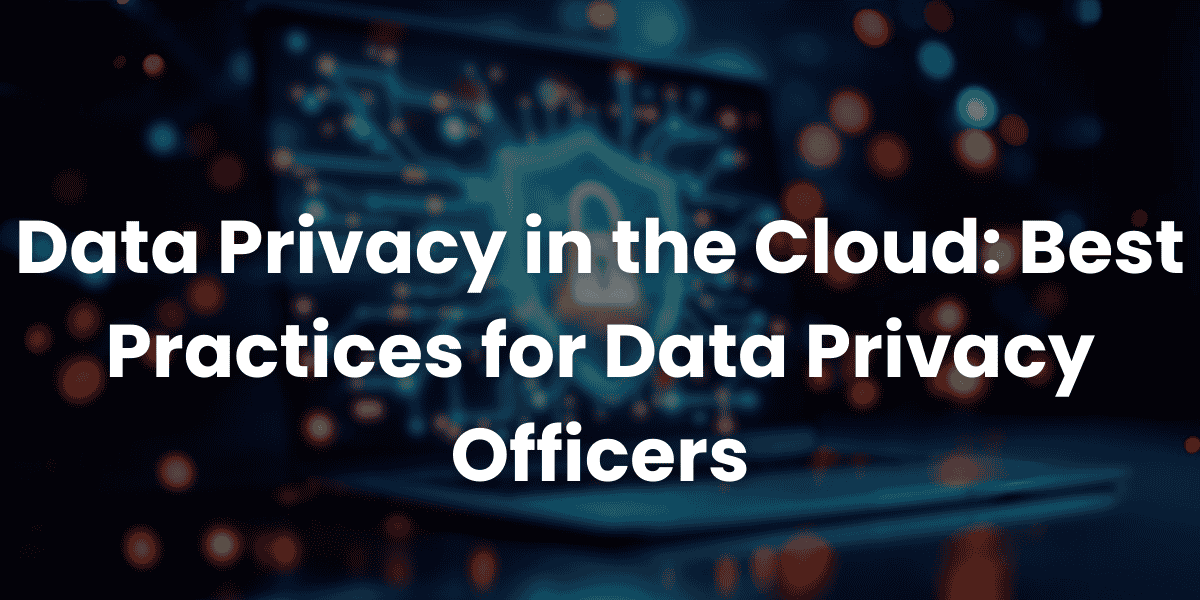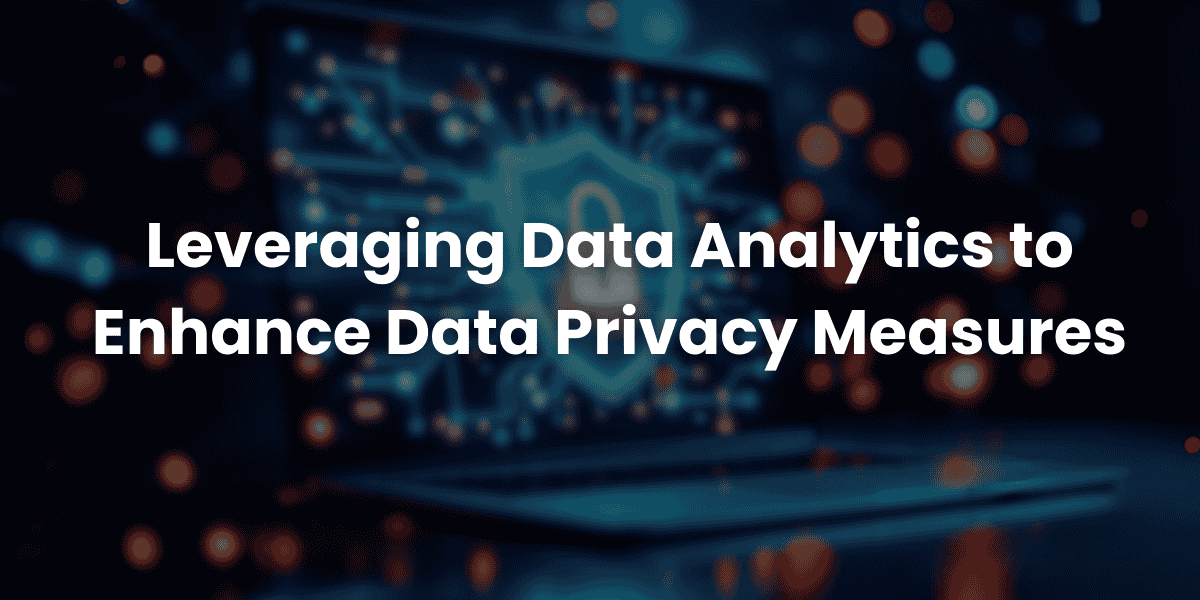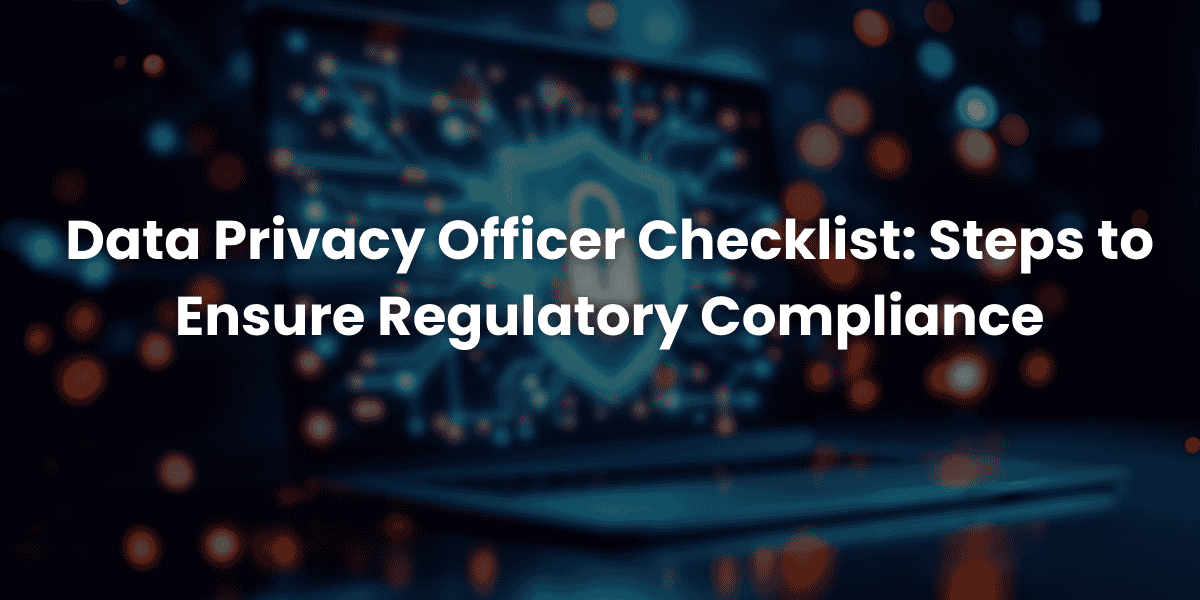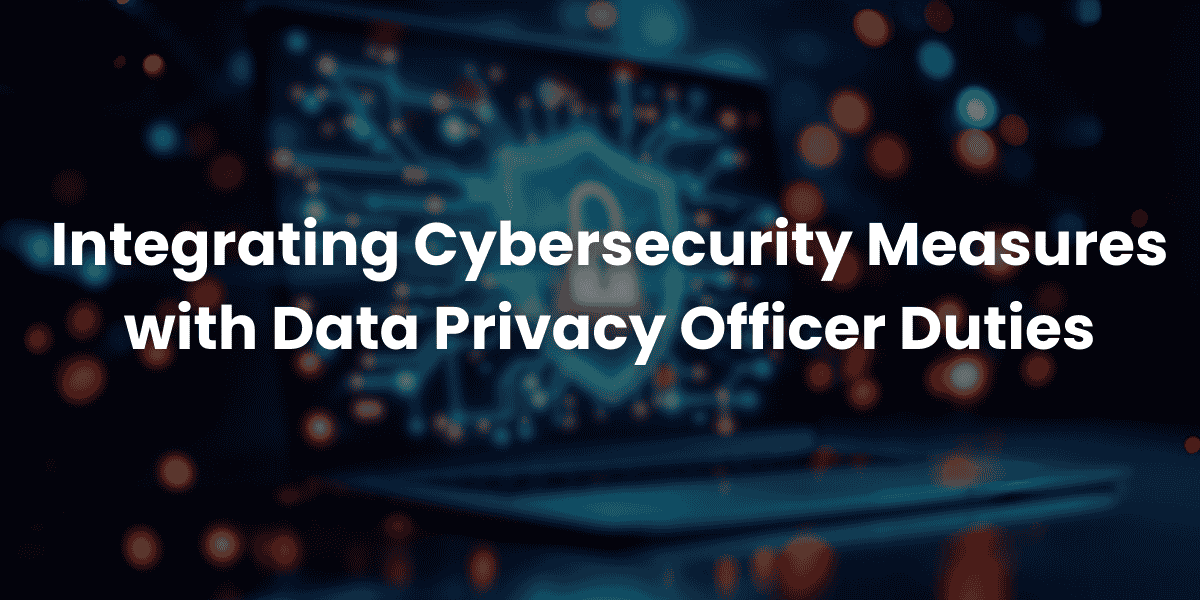In today’s data-driven world, organizations are increasingly relying on data analytics to improve decision-making and operational efficiency. However, the use of data analytics also presents unique challenges for safeguarding sensitive information. By leveraging data analytics, organizations can enhance their data privacy measures and ensure compliance with regulatory requirements. A Data Privacy Officer plays a key role in integrating these strategies effectively.
1. Identifying Sensitive Data Patterns
Data analytics enables organizations to identify patterns in how sensitive data is collected, stored, and processed. By analyzing data flows, organizations can pinpoint areas where personal information may be at risk. A Data Privacy Officer can use these insights to strengthen data protection strategies and ensure that sensitive data is handled securely.
2. Detecting Anomalies and Potential Breaches
One of the key benefits of data analytics is its ability to detect anomalies in real-time. For example, unusual access patterns or unexpected data transfers can indicate potential security breaches. A Data Privacy Officer can leverage data analytics tools to respond quickly to these anomalies and prevent data leaks before they escalate.
3. Automating Compliance Monitoring
Data analytics can streamline compliance monitoring by automating the tracking of regulatory requirements. For instance, organizations can use data analytics to ensure that data handling practices align with GDPR, CCPA, or other privacy laws. A Data Privacy Officer ensures that automated systems reduce manual effort and improve accuracy in compliance reporting.
4. Conducting Privacy Impact Assessments
Data analytics plays a crucial role in conducting privacy impact assessments (PIAs). By analyzing the potential risks associated with new projects or technologies, a Data Privacy Officer can implement safeguards to protect personal data. Data analytics provides valuable insights that help prioritize actions and mitigate vulnerabilities.
5. Enhancing Access Control Policies
Using data analytics, organizations can refine their access control policies by analyzing user behavior and permissions. This ensures that only authorized personnel have access to sensitive information. A Data Privacy Officer uses data analytics to continuously monitor access logs and address unauthorized access attempts.
6. Personalizing Privacy Settings
Data analytics allows organizations to offer personalized privacy settings to users. By analyzing user preferences and behaviors, a Data Privacy Officer ensures that privacy options meet individual needs. This not only enhances user trust but also ensures that data is collected and processed in accordance with user consent.
7. Improving Incident Response Strategies
In the event of a data breach, data analytics can significantly improve incident response strategies. A Data Privacy Officer uses data analytics to analyze the root cause of the breach and identify affected data. This helps take targeted corrective actions and refine future strategies.
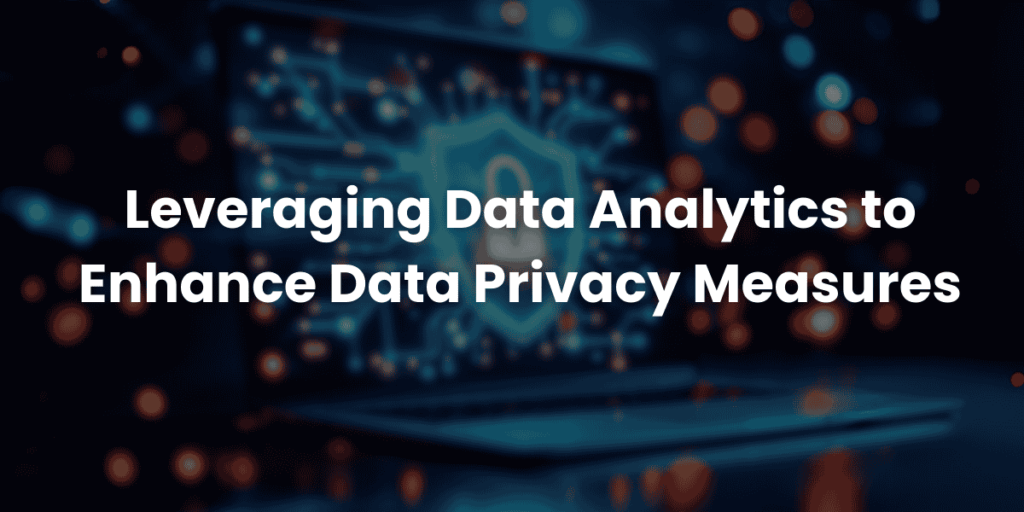
8. Reducing Data Storage Risks
Excessive data storage increases the risk of breaches and non-compliance. Data analytics helps organizations identify redundant or obsolete data that can be safely deleted. A Data Privacy Officer ensures that minimizing data retention reduces exposure to risks while adhering to data minimization principles.
9. Building a Culture of Accountability
Data analytics fosters a culture of accountability by providing transparency into data handling practices. Employees and stakeholders can see how data is used and protected, encouraging responsible behavior. A Data Privacy Officer uses regular reports generated through data analytics to reinforce the organization’s commitment to data privacy.
10. Predicting Future Privacy Challenges
By analyzing trends and emerging threats, data analytics helps organizations anticipate future privacy challenges. A Data Privacy Officer leverages this predictive capability to implement proactive measures and stay ahead of evolving regulations. Data analytics ensures that data privacy measures remain robust and adaptable over time.
Conclusion: The Role of Data Analytics in Strengthening Data Privacy
Data analytics is a powerful tool for enhancing data privacy measures and ensuring compliance with regulatory requirements. A Data Privacy Officer plays a pivotal role in integrating data analytics into privacy strategies. As data privacy continues to evolve, leveraging data analytics will be essential for long-term success in protecting sensitive information.


